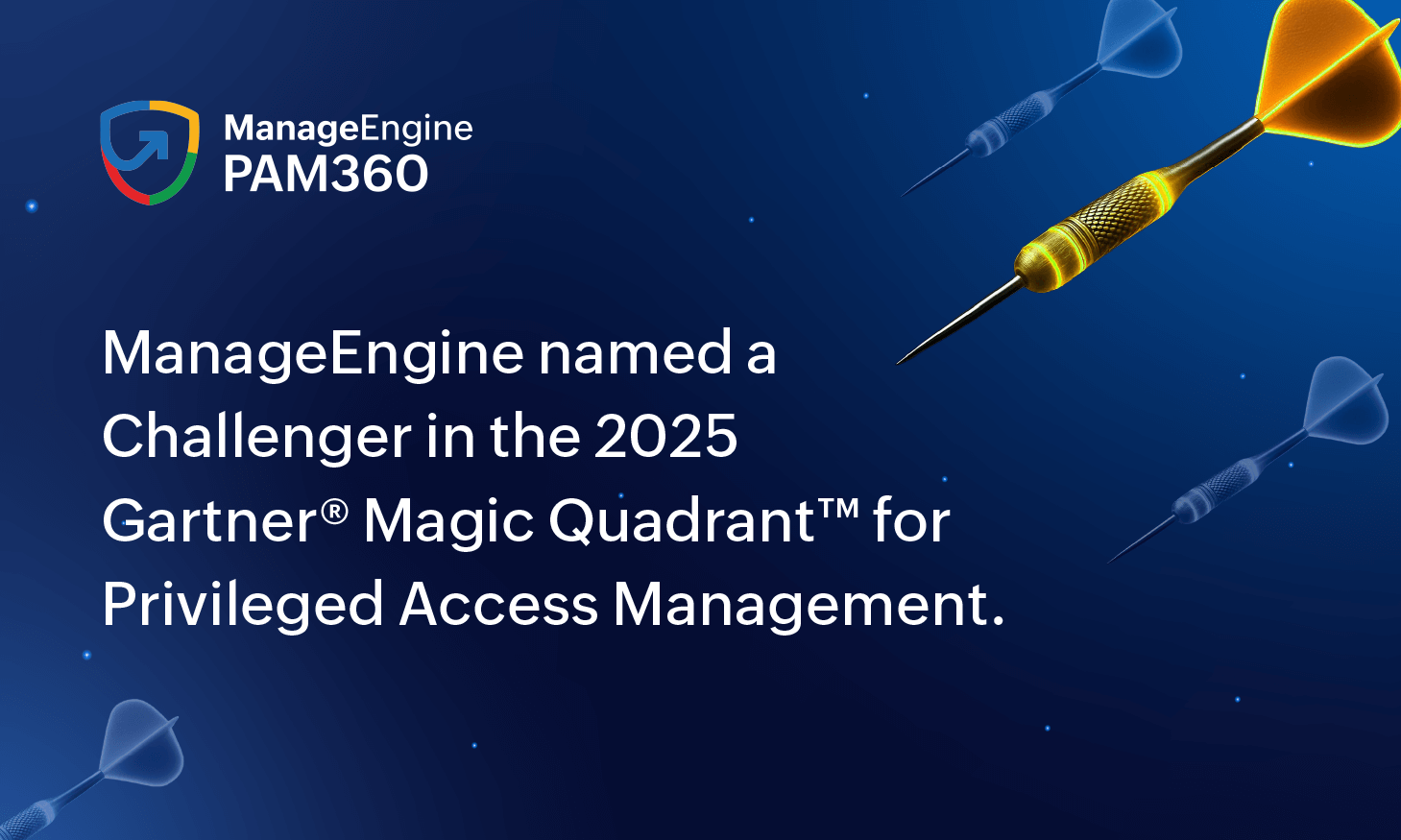Trusted by leading global enterprises
Autopilot Zero Trust privilege
PAM360 delivers Zero Trust by design through three key principles—always verify, assume breach, and least privilege access. PAM360 helps you adopt a holistic, Zero Trust approach to privileged access management. From role-based access controls to dynamic trust scoring, PAM360 provides cutting-edge security features out of the box. Best of all, this comprehensive solution is easy to setup, implement, and manage.
Explore how PAM360's features align with the three core Zero Trust principles.

From an ROI standpoint, we’ve gained a lot. It saves time, boosts our security posture, and ensures better compliance. Honestly, not having a PAM solution in 2025 would be surprising. — Mario, security leader at 5BView case study

The overall experience was great. PAM360 is a single point console to access all servers, applications and network devices.

Assistant Manager IT Operations - Software
Great and efficient management panel for high end security, remote access, and zero trust security.

CISO - Manufacturing
What I liked the most about PAM360 is user-friendliness and its ability to efficiently handle network and security aspects.

Administrator - IT Services
PAM360 has proven to be exceptional in managing access within our organisation, offering us an efficient solution for controlling private access.

VP, Data and Analytics - Education
Want to explore PAM360?
Sign up for a personalised demo, today!

